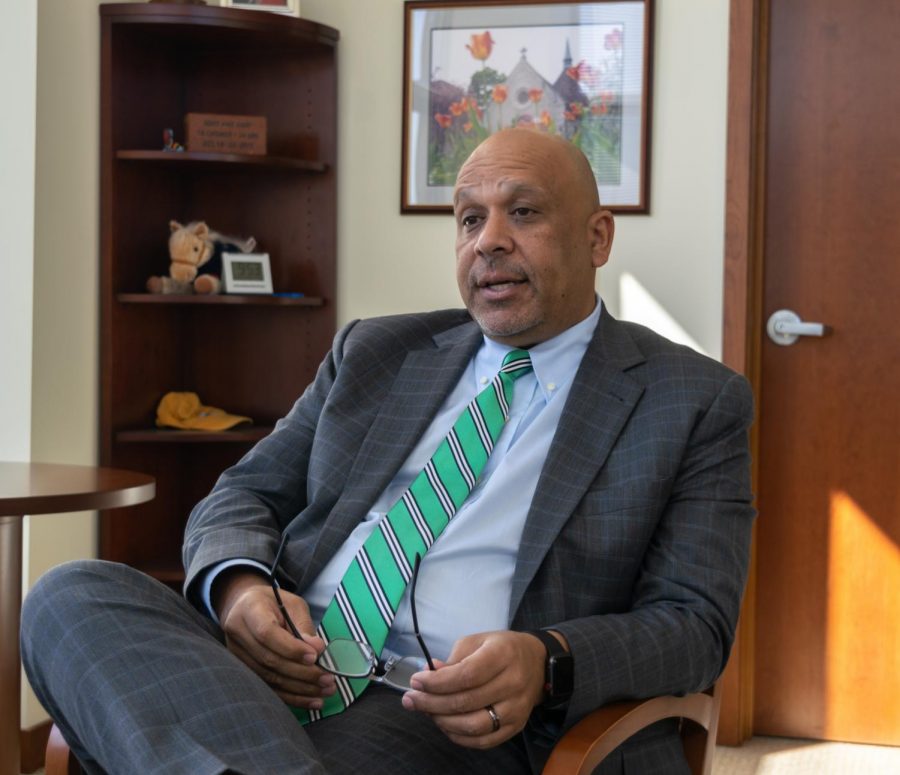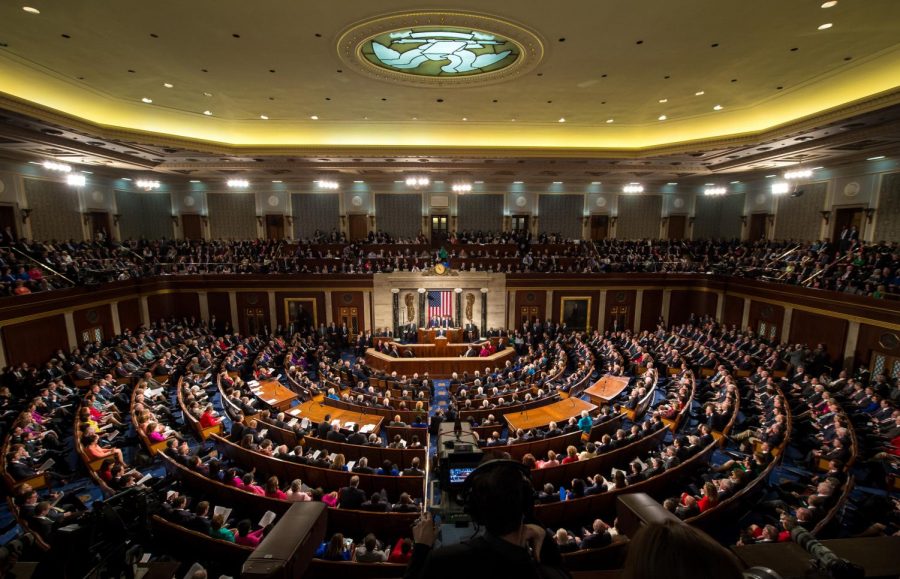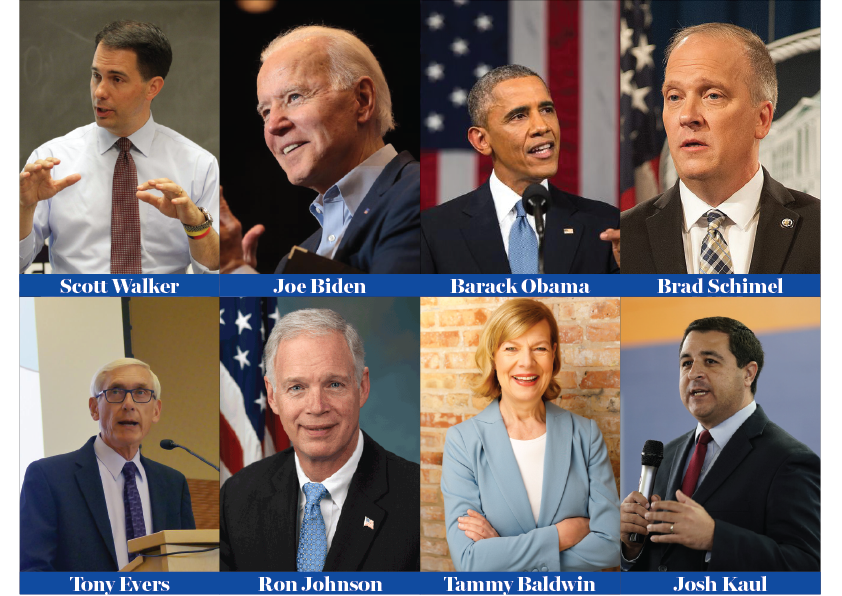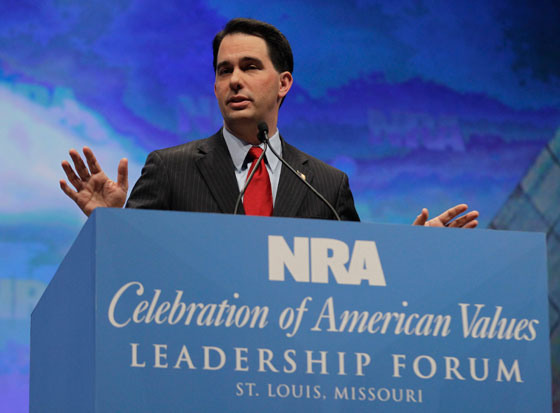
Wisconsin Gov. Scott Walker announced his biennial budget for 2013-2015 in an official address last Wednesday, speaking on a wide range of issues from education to statewide economic development and healthcare reform.
Walker presented the proposal as his plan to improve the state’s economic situation and as a response to to criticism of his 2011-2013 budget, which implemented severe cuts to many state institutions.
When Walker proposed his first budget in 2011, Wisconsin had a $3.6 billion budget deficit and an unemployment rate of 7.8 percent. The state now has a budget surplus, and unemployment is down to 6.6 percent.
“It wasn’t easy,” Walker said. “But we’re turning Wisconsin around.”
Republican Rep. Rob Hutton of Brookfield issued a press release responding to Walker’s budget proposal, in which he praised the governor for his efforts to reduce the state’s budget deficit.
“Last session, the Governor, along with the Republican legislature, made tough budget decisions and erased a $3.6 billion deficit,” Hutton said. “This resulted in a projected fiscal year end surplus of over $400 million, the largest opening balance Wisconsin has seen since 2001.”
The biggest item in governor’s budget proposal is a two-year, 2.2 percent cut to the state income tax amounting to $343 million. However, under the proposal, state government spending would reach $30.5 billion over the next two years, with the increase coming from a combined 4.9 percent raise in infrastructure spending and other state projects.
The proposal also included an increase in state funding for the University of Wisconsin system. Over the next two years, UW schools would receive more than $181 million, which would make up for most of the cuts included in the last budget. The increase will reverse the trend of more state funding going to prisons than to Wisconsin public universities.
However, the proposed budget would remove a tuition increase cap on all UW schools, which is currently set at 5.5 percent. In response, more than 100 students from across the system held a rally yesterday at the state capitol to call for a cap of 3 to 4 percent per academic year.
UW System President Kevin P. Reilly praised Walker’s decision to increase statewide university funding, calling it an investment in his system’s ability to serve citizens across the state.
“Gov. Walker recognizes and appreciates the role that UW institutions play in boosting our state’s economy,” Reilly said in a statement. “Job creation and workforce development are top priorities for everyone, including the UW system. We look forward to working with all legislators from both parties to advance this budget.”
Walker also detailed his plan to decrease federal health care funding and transform Wisconsin’s Medicaid system to conform to the Affordable Care Act.
The new healthcare plan would remove about 87,000 people who have incomes above the federal poverty level from Medicaid and require them to purchase coverage through federally run services. At the same time, the proposal would extend Medicaid coverage to about 82,000 people below the poverty line, many of whom do not have insurance.
Walker’s proposal must still pass through the state legislature before becoming law, and Democrats have already begun stating their opposition.
Mike Tate, chairman of the Democratic Party of Wisconsin, criticized the governor’s budget, saying it favors special interests over ordinary citizens.
“Walker once again laid out a divisive budget that favors corporate campaign donors and out-of-state special interests at the expense of our middle class families,” Tate said in a statement. “Walker is calling it a budget for the middle-class, but a real middle-class budget invests in education, healthcare and a jobs plan that increases access to worker training and access to capital for small businesses and incentivizes buying Wisconsin and buying American.”









